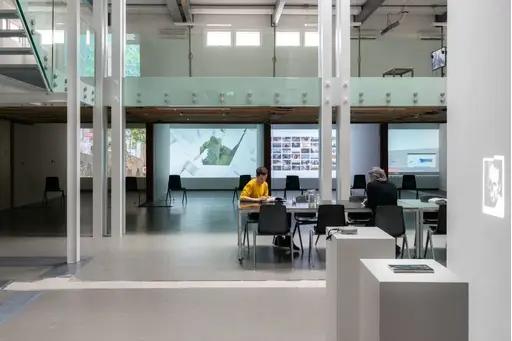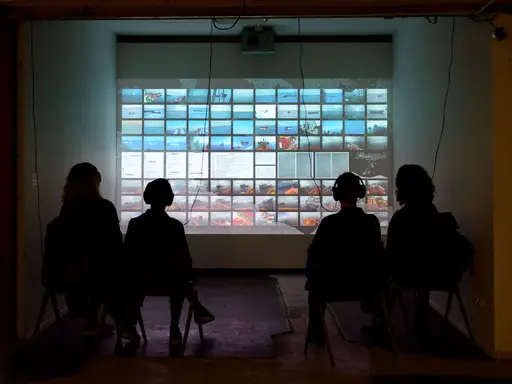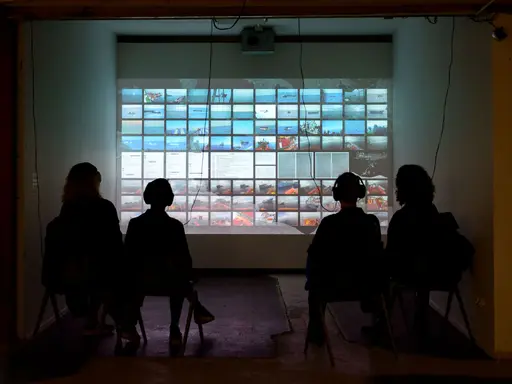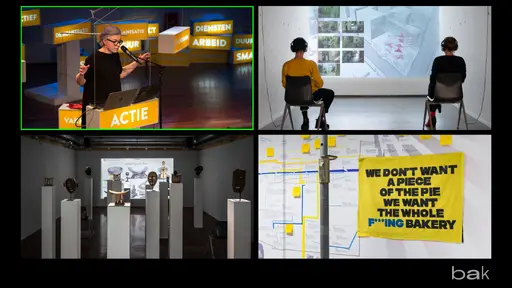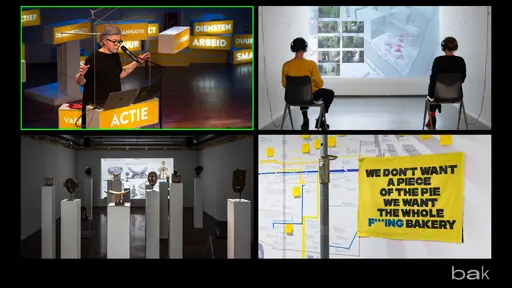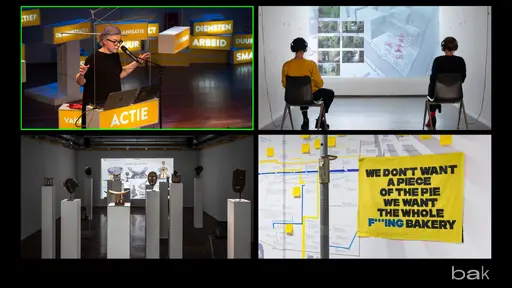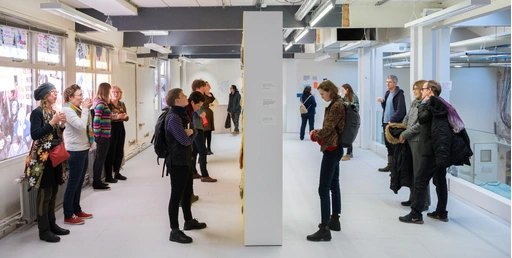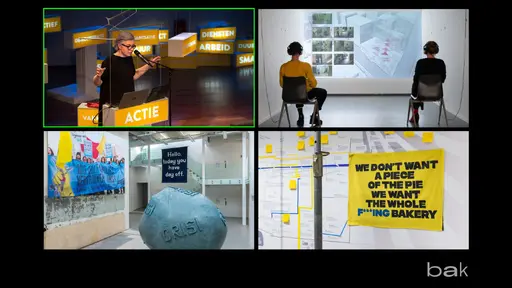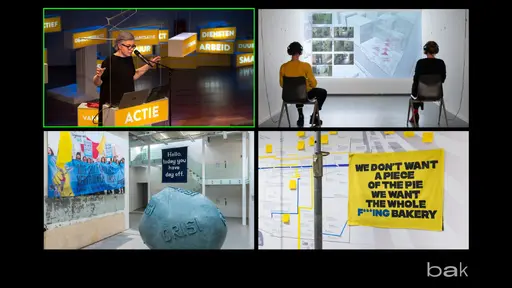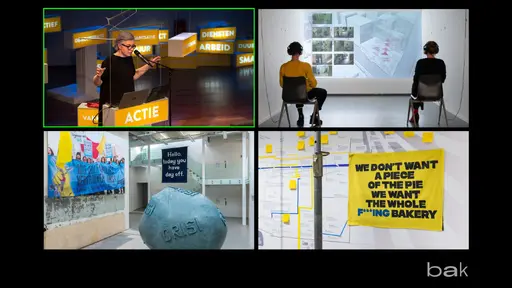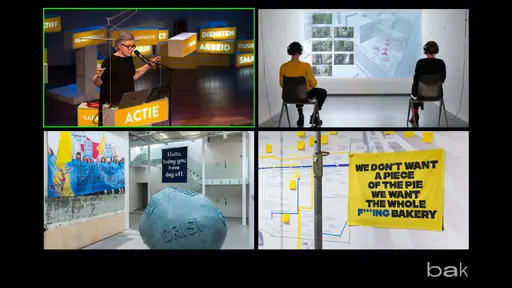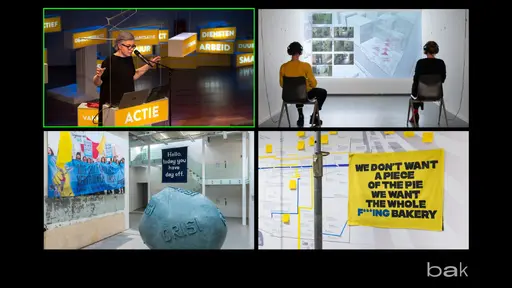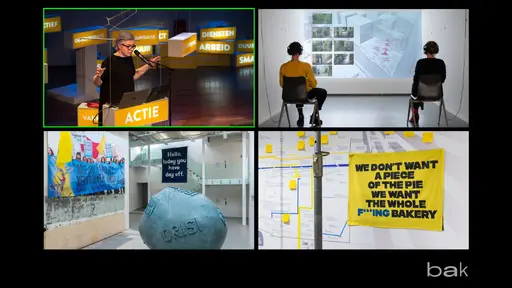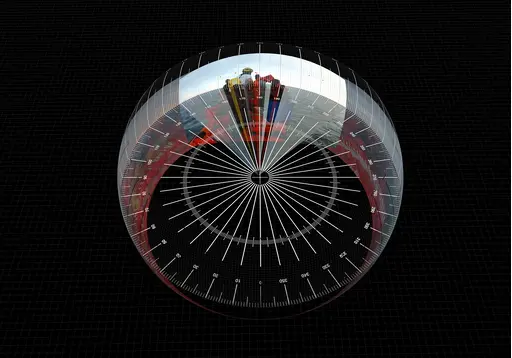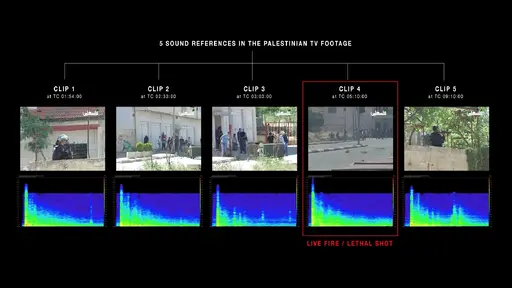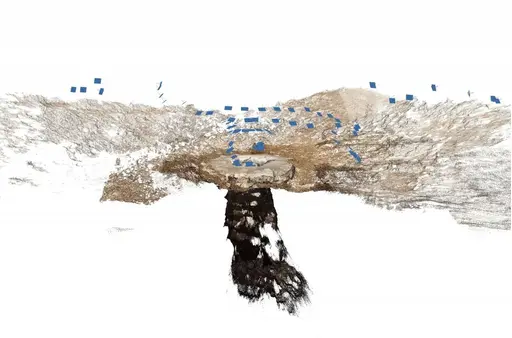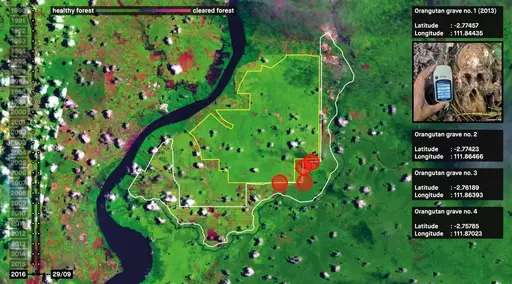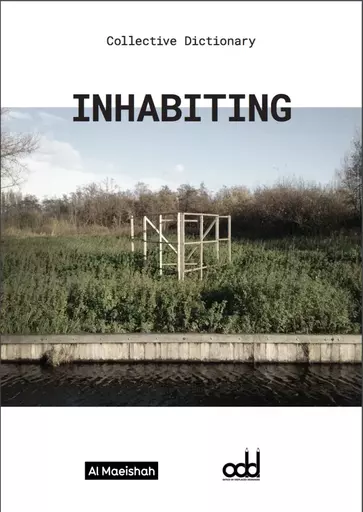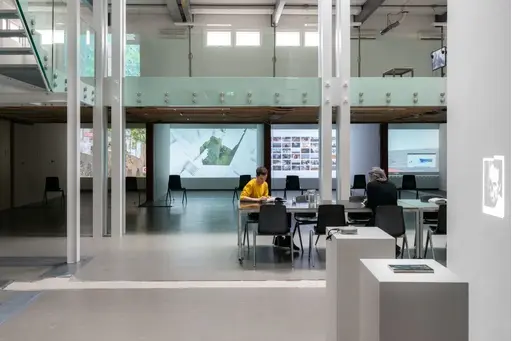
An exhibition and public program with Forensic Architecture
From October 18, 2018 till January 27, 2019, BAK, basis voor actuele kunst in Utrecht presents Forensic Justice, an exhibition and a series of public programs with Forensic Architecture.
Forensic Architecture, a London-based independent and interdisciplinary research agency comprised of, among others, artists, scientists, lawyers, filmmakers, and architects uses novel research and aesthetico-political practice to investigate abuses of human rights and, more broadly, the rights of nature. They provide critical evidence for international courts and work with a wide range of citizen-led activist groups, NGOs, Amnesty International, and the United Nations, as well as with art institutions as significant public forums for distributing the investigations.
The exhibition Forensic Justice features a number of tactical forensic reclamations of social and ecological justice. Articulating evidence-based counter-narratives to dominant interpretations of investigated events, the installations mobilize what Forensic Architecture refers to as “public truth.” These mobilizations, as the exhibition proposes, can be understood as critical instances of “forensic justice.”
On a near bi-weekly basis, the public program Propositions #7: Evidentiary Methods takes place to examine and expand upon the notions of “evidence” and “method” in the practice of Forensic Architecture in a series of lectures, screenings, and workshops, co-curated by Nick Axel (architectural theorist and researcher, Amsterdam) in dialogie with BAK curator Wietske Maas.
Forensic Architecture is nominated for the Turner Prize 2018. Earlier in 2018, the research agency was awarded the Princess Margriet Award for Culture by the European Culture Foundation, Amsterdam.
Please note: because of shocking footage in the exhibition, the exhibition is not suited for visitors younger than twelve years old.
Download the exhibition guide.
The project is part of the BAK research series Propositions for Non-Fascist Living (2017–2020).
BAK’s main partner in the field of education and research is HKU University of the Arts Utrecht, Utrecht.
The lecture by Eyal Weizman and Christina Varvia taking place at the opening of the exhibition Forensic Justice has been organized in collaboration with the European Cultural Foundation, as part of their program highlighting the work of the 2018 laureates.
This project has been made possible by the Dutch Ministry of Education, Culture, and Science, the City Council, Utrecht, and the Mondriaan Fund.
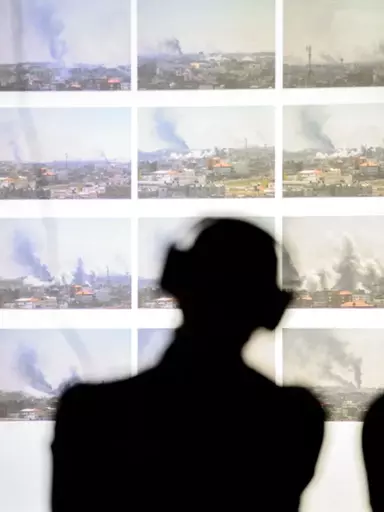
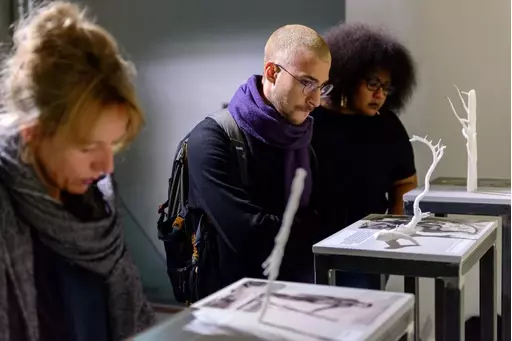
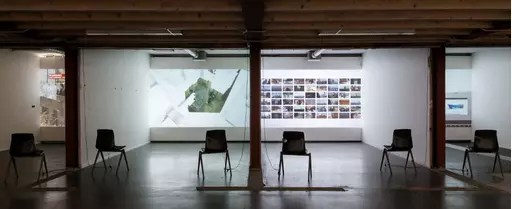
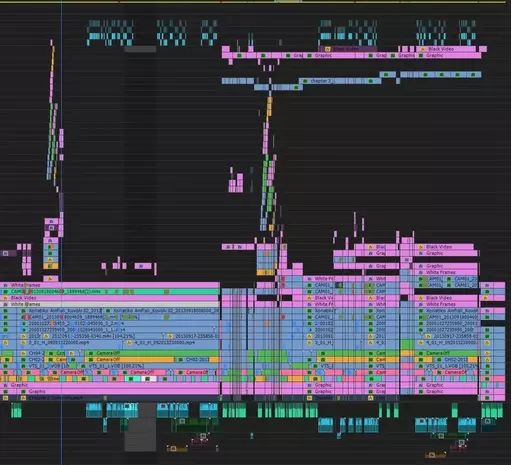
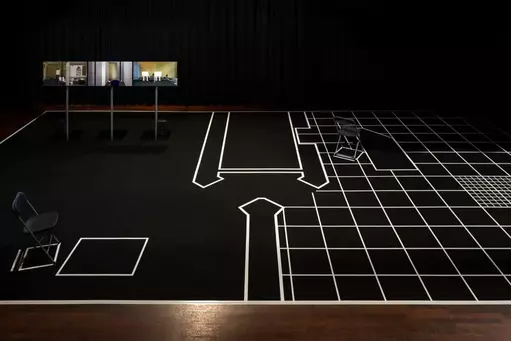
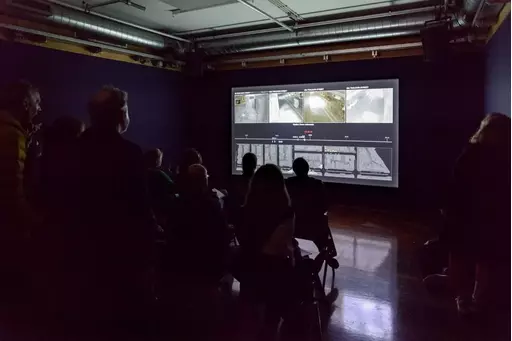
Long-Term ProjectPropositions for Non-Fascist Living
related
